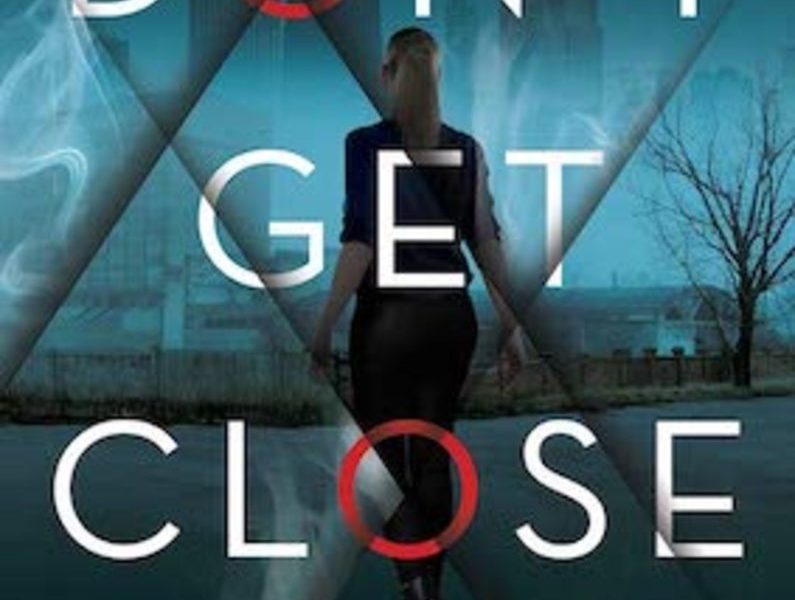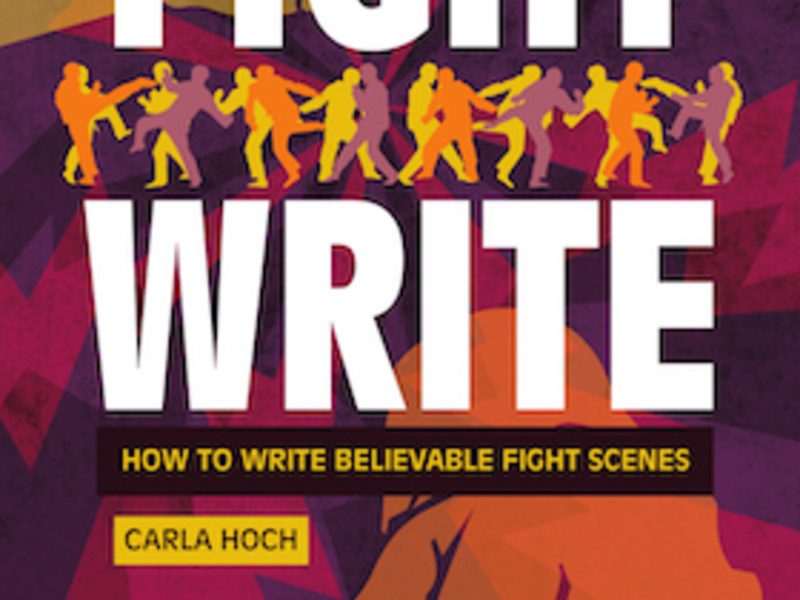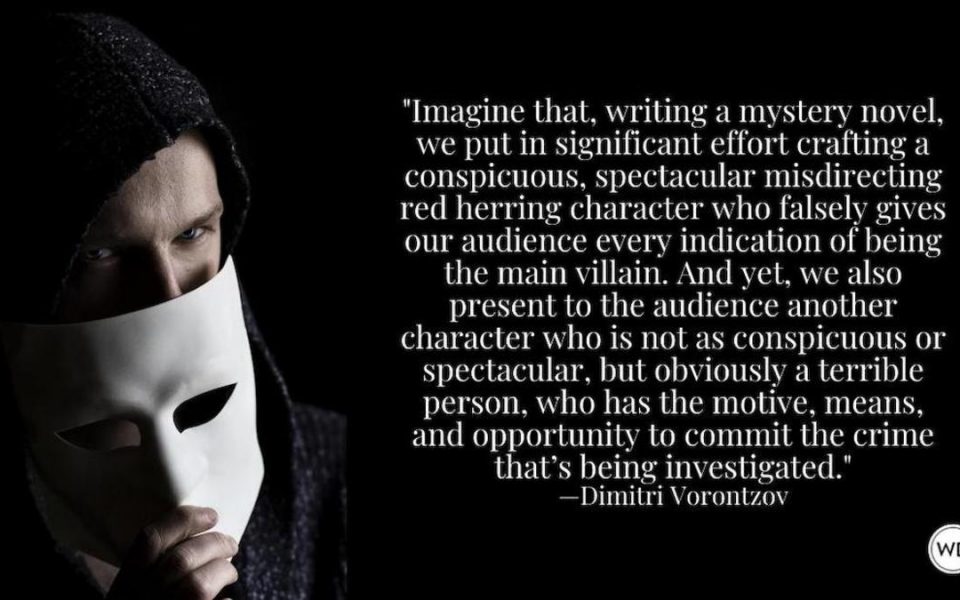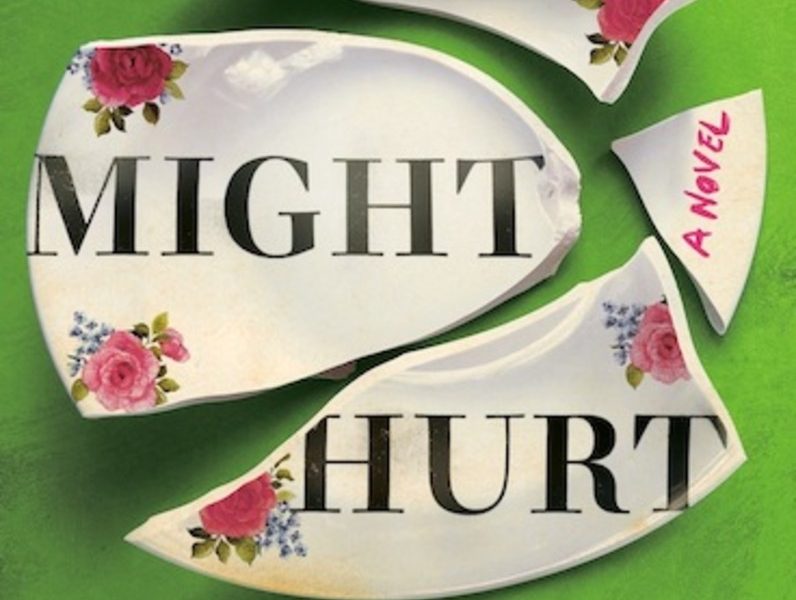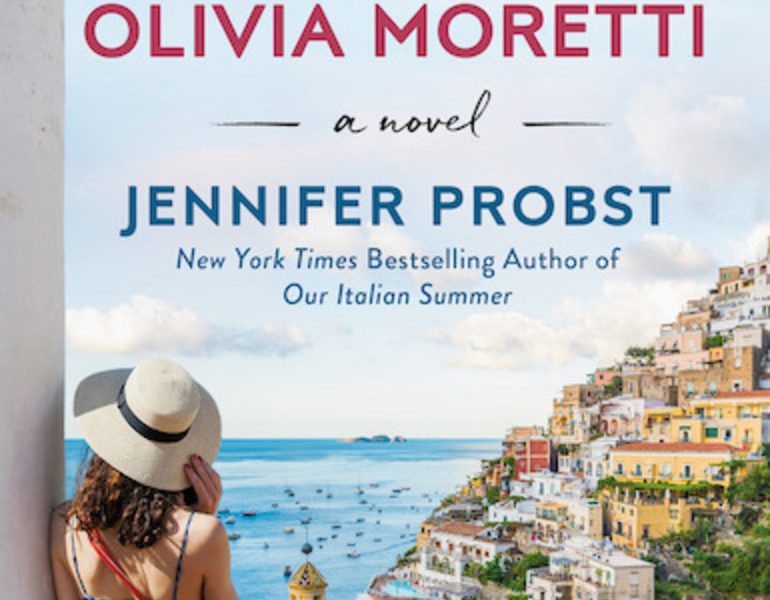Writing Techniques / 28 posts found
Need a Better Book Title?
Like many novelists, I also have a day job. Mine happens to be as a brand strategist—someone who makes people fall in love with companies and products. Yes, this is a real job, and one that’s far from trivial. Strong brands sell well, but they can also build communities of loyal fans and even spark cultural movements. As an author, you can harness the power of branding too. Beyond the manuscript, consider every element of your project as an opportunity to tell a bigger story, including the title. After completing my latest thriller, Don’t Get Close, I contacted my former […]
How to Maintain Accuracy Across Multiple Plot Lines in Historical Fiction
Every time I attend a conference, class, or appear on a podcast, they inevitably ask the question: “Are you a pantser or a plotter?” (Research and Storytelling for Successful Historical Fiction) I want to wave the freedom flag with all the pantsers in the room. They describe sitting down at the computer watching as stories pour out of them. From beginning to end, a never-ending flow of brilliance and light. So, I tried the technique. I sat and waited for the muse to strike. I had the idea for a novel, but it was not filling the page, as my […]
Using Weapons of Opportunity: FightWrite™
In the last FightWrite™ post on the WD blog, we looked at how the site can impact the fight. In this post, we are going to look at how the site can be part of the fight. Specifically, we will be considering weapons of opportunity that exist organically in the scene and can go from harmless to hazardous in the blink of an eye. (Choosing a Setting for Your Fight Scene: FightWrite™) Weapons of Opportunity A weapon of opportunity—or as I call it, a WOO—is any item that in its intended use is not a weapon but can be wielded […]
Green Herring: How to Camouflage a Villain in a Mystery Novel
I can see you frown: “Wait a minute. Green herring? Are you sure? Shouldn’t it be red herring?” Nope! There’s no mistake in the title. The herring in this case is really supposed to be green, and that’s what makes it so much fun for me to write about! But let’s start with a quick refresher on the more familiar red herring. A “red herring” is a form of misdirection, and one of the time-tested ways to create such a misdirection in a mystery story, or in a story that uses mystery elements in its plot. As you probably know, […]
Bring Your Secret Skillsets to the Page
Every person’s life is unique, so why not borrow some of your own eccentricities for your fiction? If “eccentric” is a word you feel you couldn’t ever claim, let me give you another option: Borrow your secret skillsets. Everyone has them. How could yours embolden your storytelling? Whether your goals are to flesh out your protagonist, to intrigue your reader with little known facts sprinkled organically amidst your storyline, or to capture unique character behaviors and non-cliché plot points, leaning into your secret skillsets is one way to ensure you’re writing a story your readers haven’t read hundreds of times […]
3 Things Writers Should Know About Cults
A lifelong fascination with cults led me to create and explore the depths of one in my second novel, This Might Hurt. The key questions I wanted to answer: why does a person join a cult? Why does someone start one? To get the portrayal right, I dove deep into research. (10 Things to Consider When Writing About Obsession in Fiction) If you’re preparing to write your own cult novel, here are a few resources to get you started: the Heaven’s Gate podcast; Terry Gross’s Fresh Air interview with Jeff Guinn, author of The Road to Jonestown: Jim Jones and […]
How to Write Unique Horror Fiction When Every Trope Has Already Been Used
I’ve been writing dark stories for 14 years professionally, and quite often my students, peers, and friends ask me, “Richard, how do you write unique horror stories when every trope has already been used?” That’s a great question. Something I wrestle with every time I sit down to write. So here are a few ideas. GENERAL VS. THE SPECIFIC So, if I mentioned a few horror tropes or monsters, such as a werewolf, vampire, zombie, or demon, you might roll your eyes. “Seen it, been there, done that, bored to death.” And I hear you. But what if I instead […]
3 Tips on How To Write Relatable Families in Fiction
Families are challenging. Whether it’s parents, siblings, aunts, or uncles, the people who share our blood are not always easy to get along with, love, or even like at times. I always find it interesting when a child begins to spend time at a friend’s house. The experience is usually enlightening, because they begin to step away from their familiar world, and discover new rituals, cultures, and habits. From the food served, the interactions and dynamics of the group, to the physical home itself, we are all unique. It can be an exciting revelation to suddenly understand the world is […]
10 Things to Consider When Writing About Obsession in Fiction
Obsession can be a powerful engine in fiction writing. Your main character might be fixated on another person, or an object, or a task. Yet by its nature, their desire cannot be satisfied. Getting more leads to wanting more. Obstacles only make the need stronger. (Kiare Ladner: On Anticipating False Summits) As the stakes increase, obsession brings a natural arc to your story. Tension rises and rises until … what? In the end, something has to give, whether it is the obsession itself or the main character’s sanity or their life. Sound easy? Nothing’s ever as easy as it sounds […]
3 Ways To Incorporate Food in Your Fiction
Food and books are probably the greatest pleasures of my life. So imagine my excitement when I found out there was an entire sub-genre that combined my two loves: culinary cozy mysteries. I was so happy to contribute my own spin on the genre last year with my debut novel, Arsenic and Adobo, which is part of the Tita Rosie’s Kitchen Mystery series. My books center around a family-run Filipino restaurant in a small town just outside of Chicago (and murder, but this article isn’t about that). (Mia P. Manansala: On Savoring Positive Feedback) Just like sex scenes and fight […]

